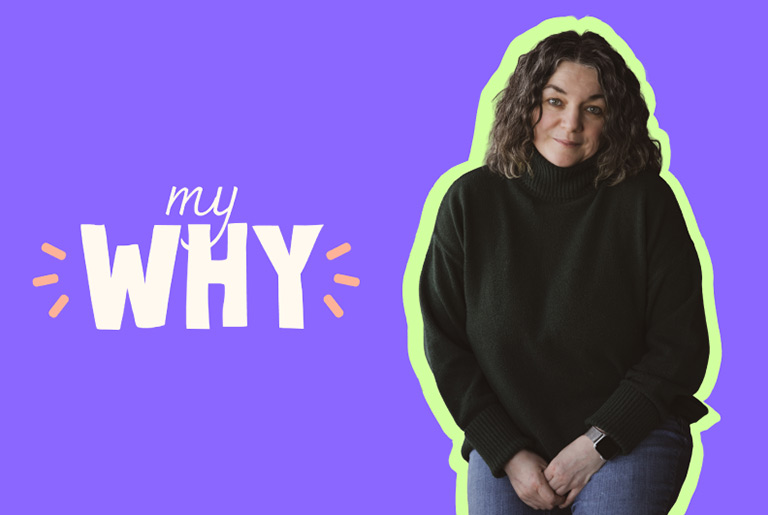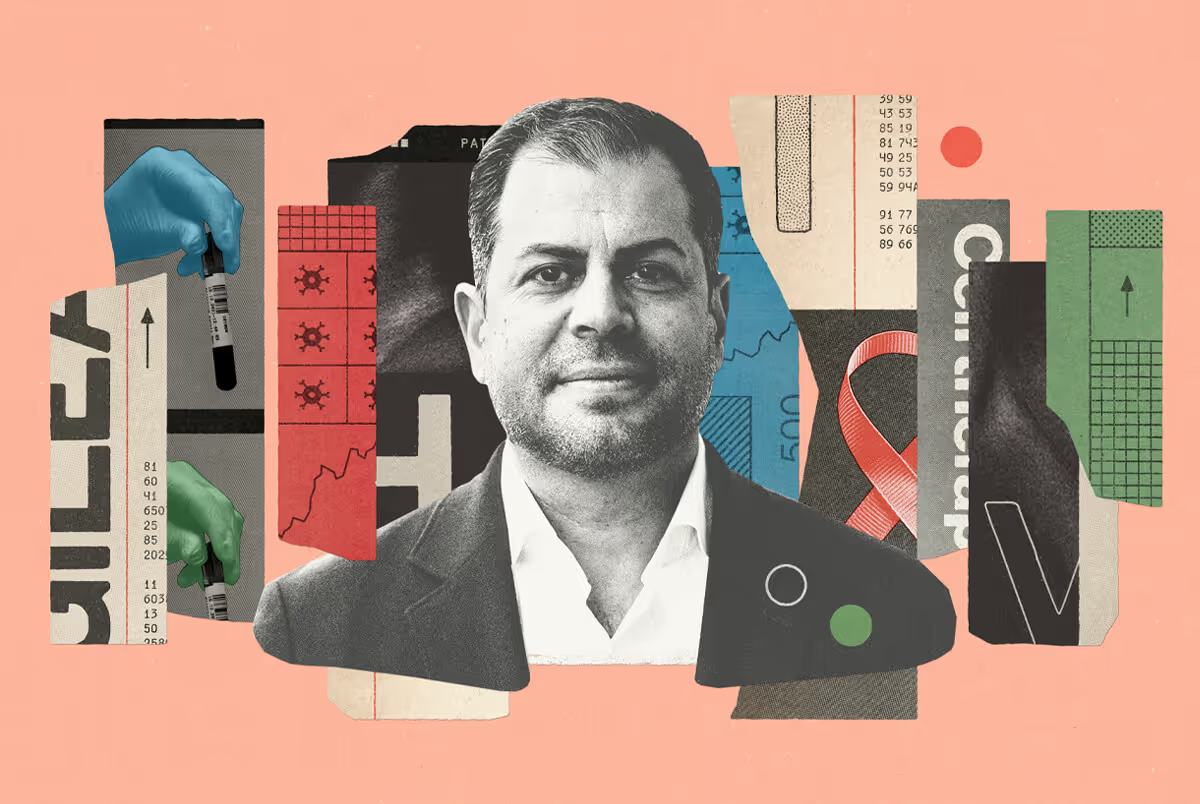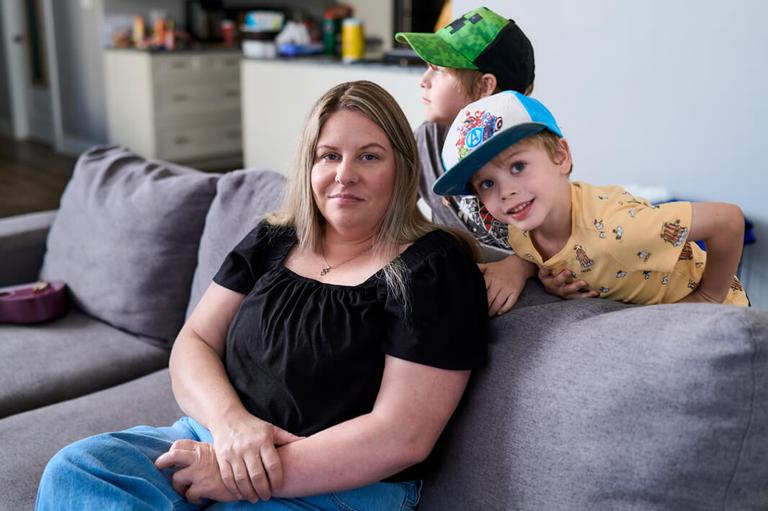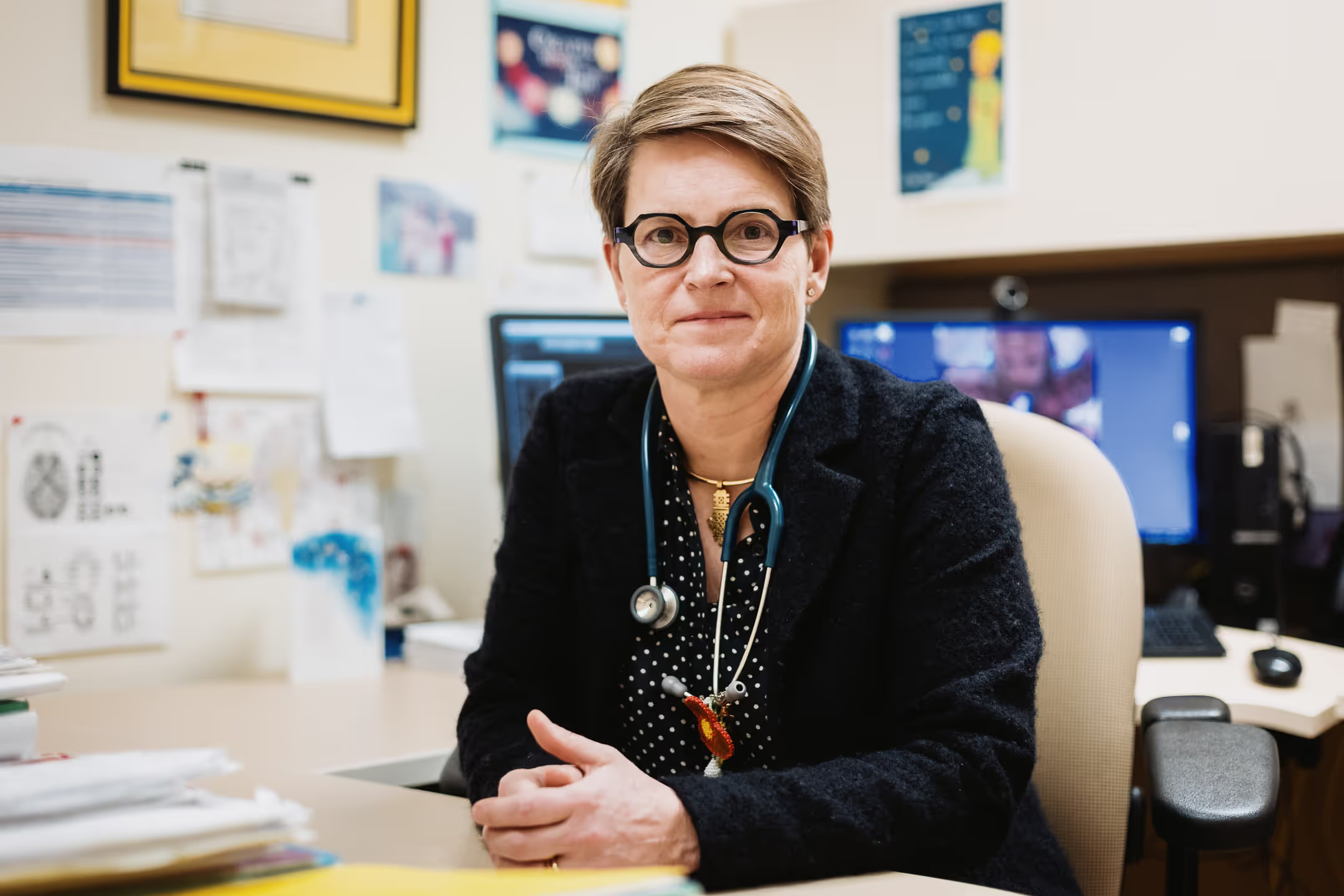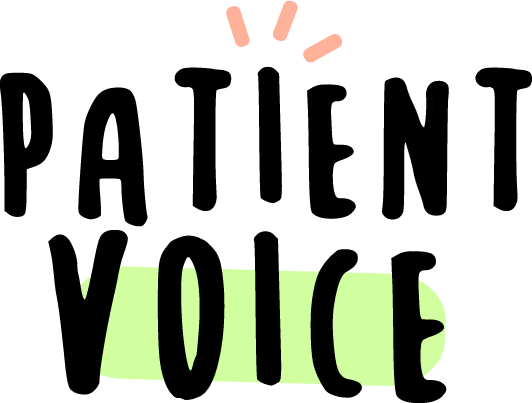“My daughter Camila just turned four and she’s perfect.
But even perfect children have challenges. When Camila was about 18 months old, we started noticing that she’d get upset in ways totally unlike a typical tantrum. She couldn’t control her emotions at all. She’d hit her own head with a closed fist, or bang her head against the floor, the furniture. Sometimes she would attack me or her dad. And because her speech was also delayed, we had trouble knowing what was upsetting her.
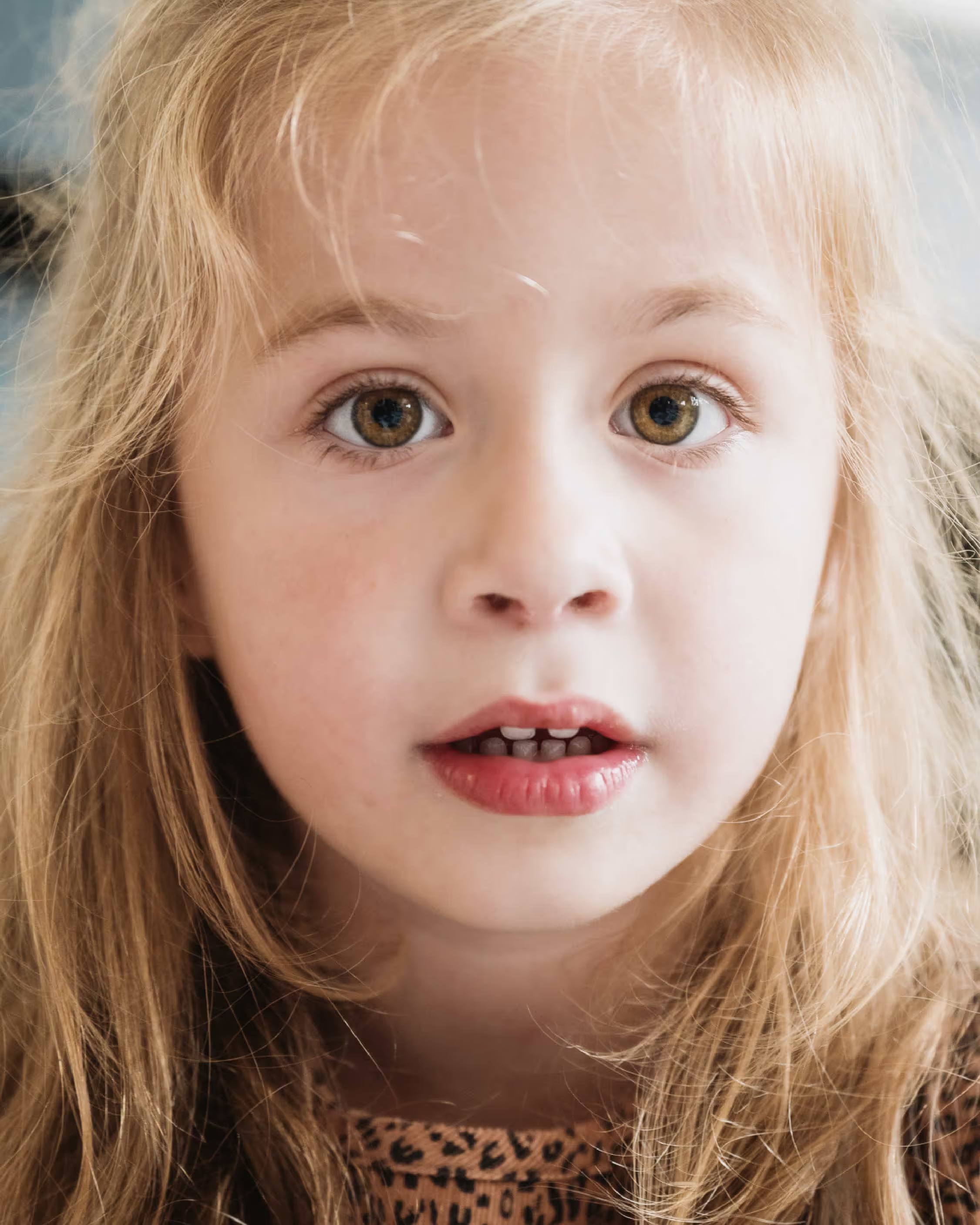
We told ourselves it would pass, but then her baby brother was born and it only got worse. We had no idea what was going on, we just knew we needed help. We saw a speech therapist but after one session, she sent us straight to a behavioural analyst.
The funny thing is that I’m a registered nurse. I monitor the development of children as part of my job. But I guess I had blinders on when it came to my own daughter. Camila was checking off nearly every box for autism, and yet the idea hadn’t even occurred to me. We got the official diagnosis a week after her third birthday.
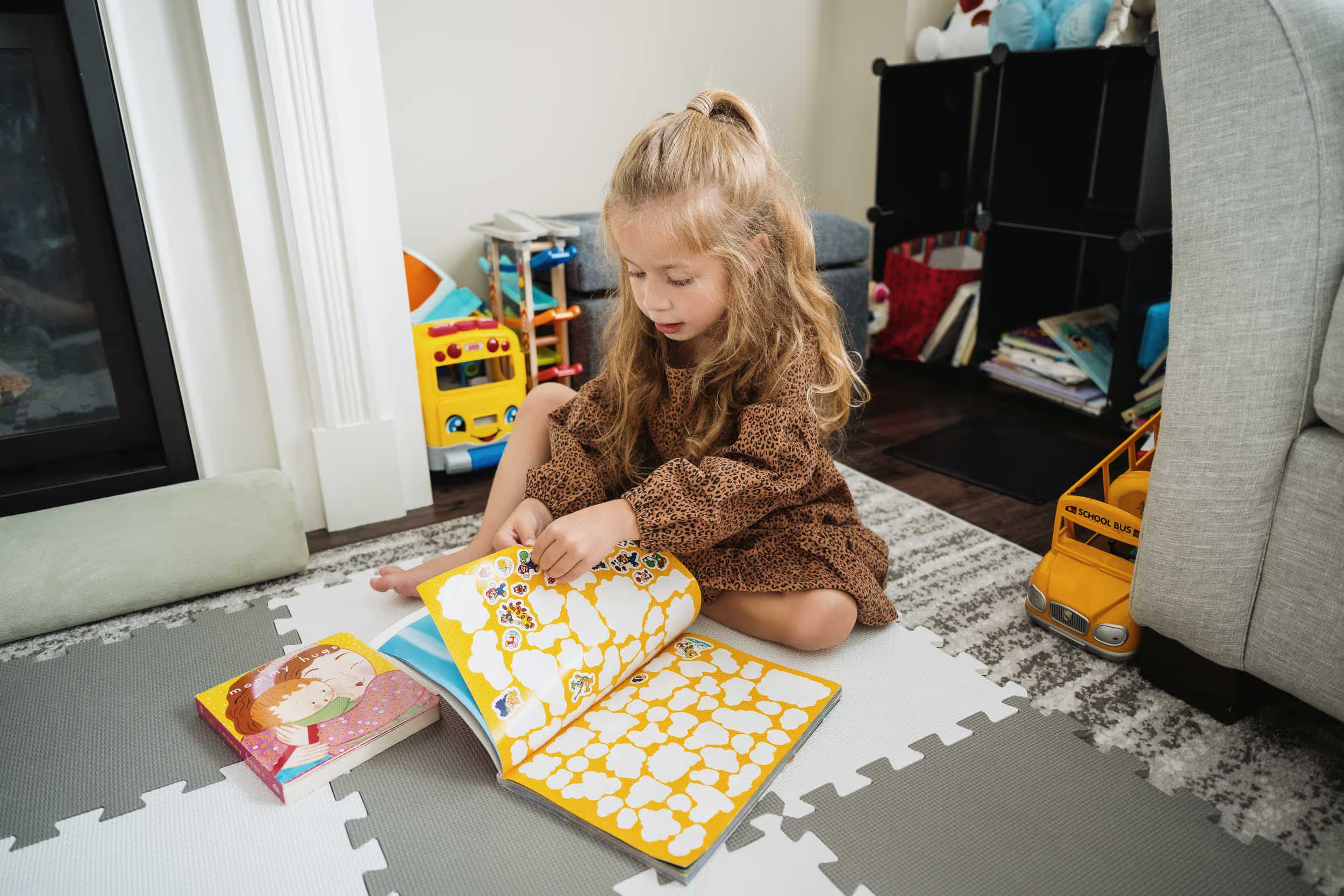
Our eyes began to open to the huge gap in autism funding, services, and care in Ontario almost immediately. Pretty soon, we were paying $4,000 a month for Camila’s treatment. We began building a social media presence for fundraising and advocacy. All the literature agrees that early intervention is best, and it breaks my heart that so many families can't afford the hands-on therapy that could change the trajectory of their children’s lives.
We’ve seen so much progress with Camila over the last year. She’s starting to communicate more. She’s wonderful with her baby brother. She's built all these little skills that help her navigate things that were once hard for her. She has worked very hard. But it’s the therapy that has given her the ability to do that work.
“…it breaks my heart that so many families can't afford the hands-on therapy that could change the trajectory of their children’s lives.”
She’s the light of our life. I remember, right after the diagnosis, thinking: ‘How could this happen to my perfect little girl?’ But it wasn’t something that happened to her. It’s who she’s always been. And her challenges don’t lessen her at all.
It’s okay to acknowledge your child’s struggles and still see them as perfect.”



